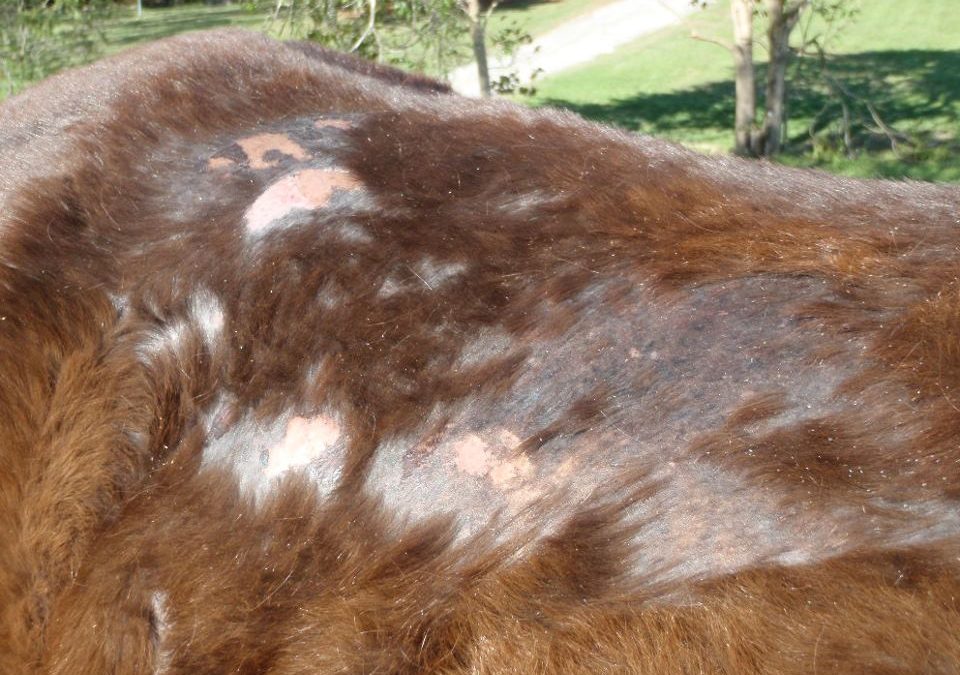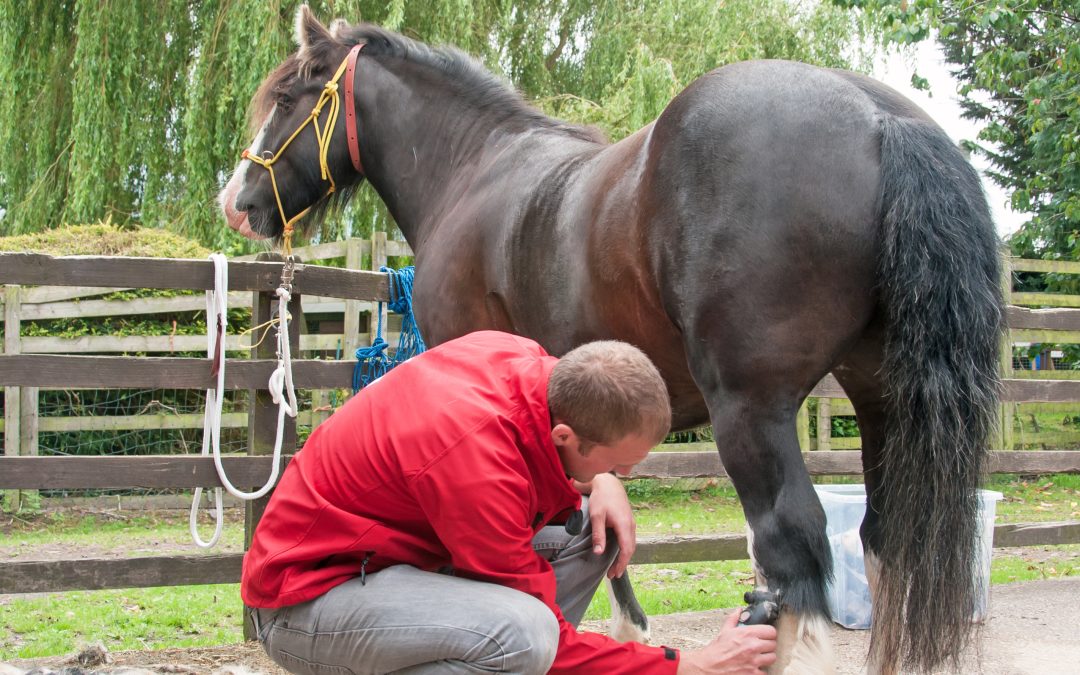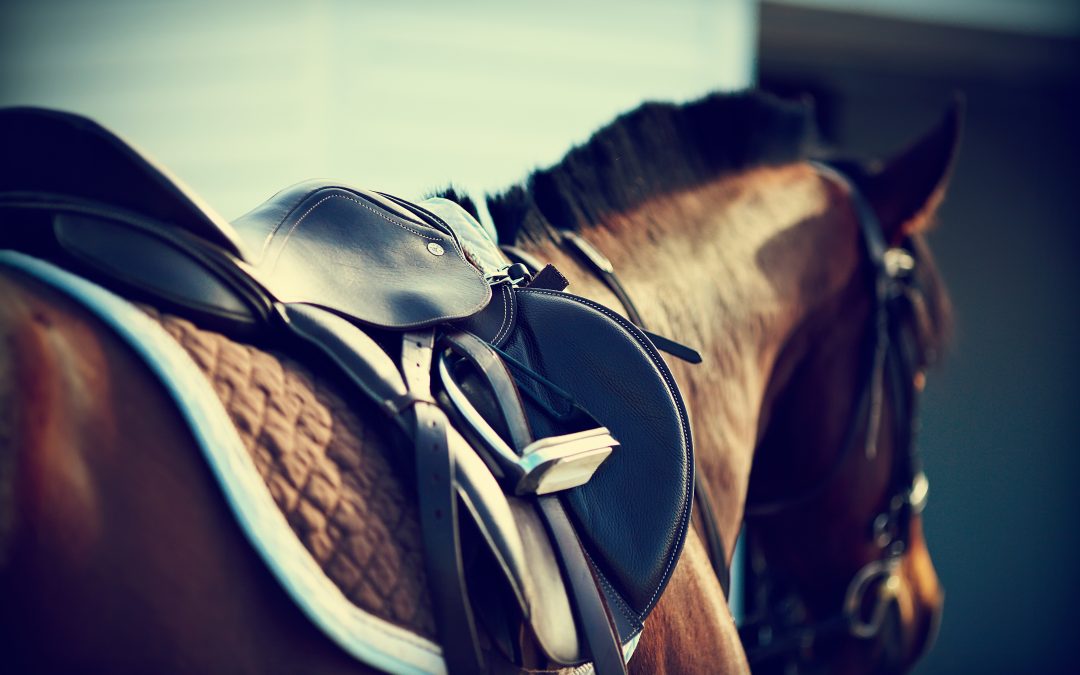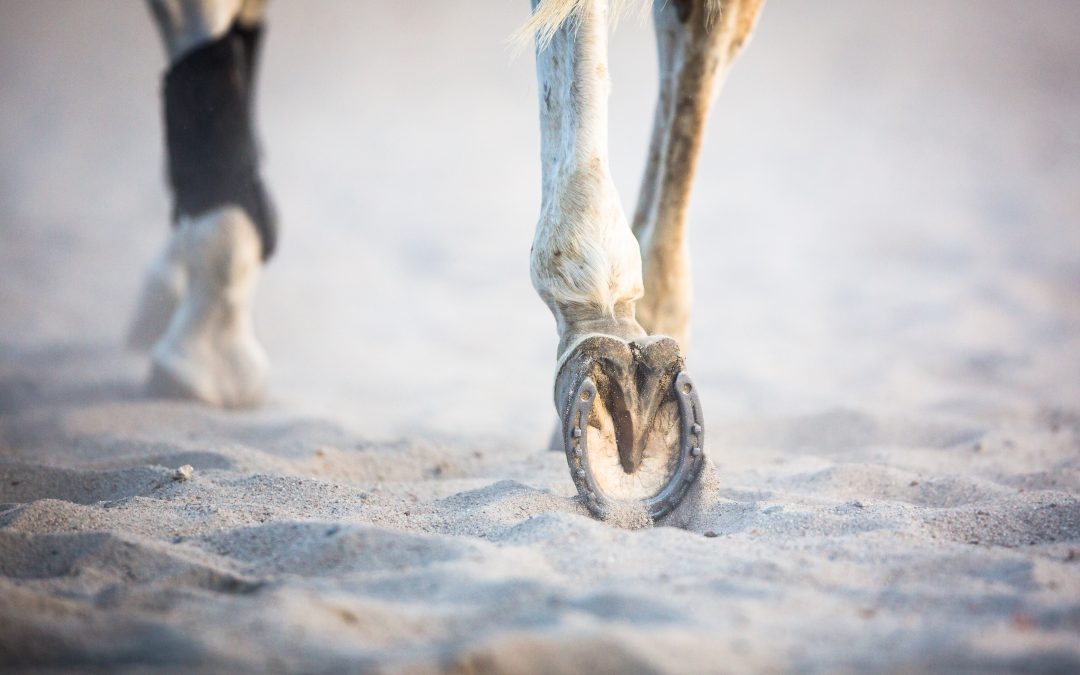
May 8, 2022 | Practice news
The skin is the largest organ in any animal. It protects the body from infection, injury and disease. However there are quite a few ailments horses can get that affect this organ. External parasites: These are parasites such as lice, leg mites, and pin worm. They are...

May 8, 2022 | Practice news
External parasites such as lice, leg mites and pin worm are commonly seen coming out of spring and into summer. Here are some of the clinical signs seen with each: Lice:hair loss over face and bodybiting at body”walking dandruff” in the mane and top of...
May 1, 2022 | Practice news
Our horses health is important; from getting the right farrier, the best riding instructor, the properly qualified physio, and correctly fitted tack. Why do we then go to look for a cheap deal for our equine dental care? It’s a question that has plagued me for...

Apr 10, 2022 | Practice news, Uncategorised
All horse owners love a good saddle and a smart bridle. However, regardless of what make or brand the most important thing is that it fits. Ill fitting tack, can lead to tight muscles, pain and in the wort situations lameness and back issues. Therefore it is important...

Apr 6, 2022 | Practice news
Foot balance is important. If the shoe doesn’t fit correctly and help maintain the foot balance then potentially you line your four legged friend up for work related injuries. If the weight of the horse is being supported unevenly then stresses on the soft...





